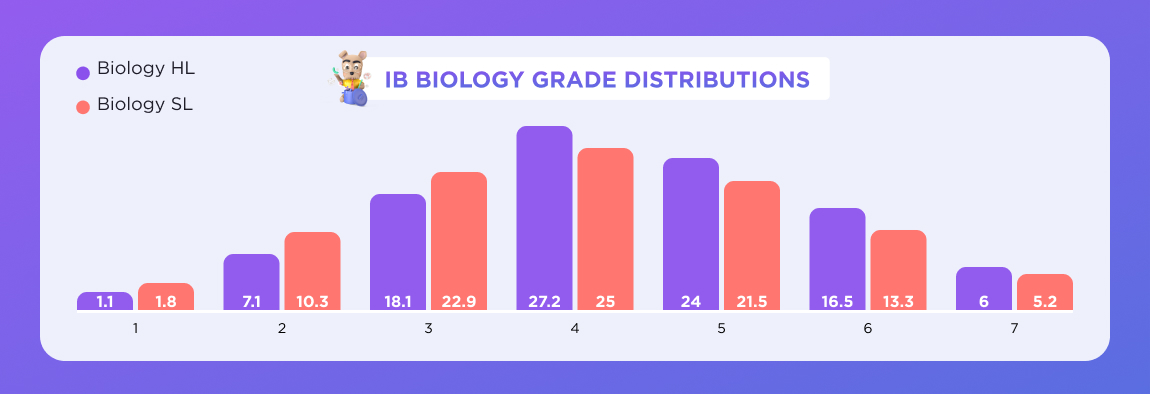IB Biology |A Challenging yet Rewarding Journey for IB Students
Choosing the right course in the International Baccalaureate (IB) programme can be a pivotal decision in a student's academic journey. Among the array of options, IB Biology stands out as a challenging but immensely rewarding course that offers a comprehensive exploration of the natural world. This course covers a wide range of topics, from cell biology and genetics to ecology and evolution, and equips students with valuable scientific inquiry skills and data analysis capabilities. It's no surprise that IB Biology is a popular choice for students aspiring to careers in medicine, research, environmental science, and biotechnology.
Why Study IB Biology?
Studying IB Biology is an investment in both knowledge and skills. The course not only provides a solid foundation in the sciences but also fosters critical thinking, problem-solving, and analytical abilities. According to the National Science Foundation, students who study biology are more likely to have higher median incomes. Moreover, IB Biology opens doors to fascinating careers, including forensic science and wildlife biology, allowing students to explore their passions and contribute to the betterment of society.
Is IB Biology Hard?

Undoubtedly, IB Biology is a demanding course. However, with dedication and perseverance, it is attainable. Statistics from the International Baccalaureate Organization (IBO) indicate that in May 2023, the average score for IB Biology exams was 4.28 out of 7, with a pass rate of 90.8%. These figures underscore the rigorous nature of the course, emphasizing the need for dedication and persistence.
One IB Biology teacher succinctly describes the subject's challenge and allure:
"IB Biology is undoubtedly a challenging subject, but it's also one of the most fascinating and rewarding. It requires a deep understanding of complex biological concepts, as well as the ability to apply them to real-world situations. From genetics to ecology, the scope of the course is vast, but the knowledge gained is invaluable."
IB Biology vs. A-Level Biology
While both IB and A-Level Biology cover similar topics, there are significant distinctions between them. IB Biology offers a broader syllabus, requiring a deeper understanding of a wider range of subjects. In contrast, A-Level Biology delves into fewer topics with greater detail. This aspect can make A-Level Biology more challenging in terms of information retention.
Another notable difference is the emphasis on scientific inquiry and critical thinking in IB Biology. This course places a greater focus on developing these skills, necessitating their application in various contexts. This unique feature can make the IB Biology course more challenging but enriching.
Pass rate statistics may suggest that A-Level Biology is slightly easier in terms of exam performance, but this doesn't necessarily reflect the overall difficulty of the course. The choice between IB and A-Level Biology should align with a student's learning preferences and future goals.
Overall, IB Biology is a challenging but immensely rewarding course within the International Baccalaureate programme. It equips students with a profound understanding of biology, scientific inquiry skills, and analytical prowess, preparing them for diverse and impactful careers. Choosing the right level of IB Biology is a pivotal decision that should reflect your academic strengths and future ambitions. Regardless of the level chosen, the journey through IB Biology promises to be intellectually stimulating and personally fulfilling.


